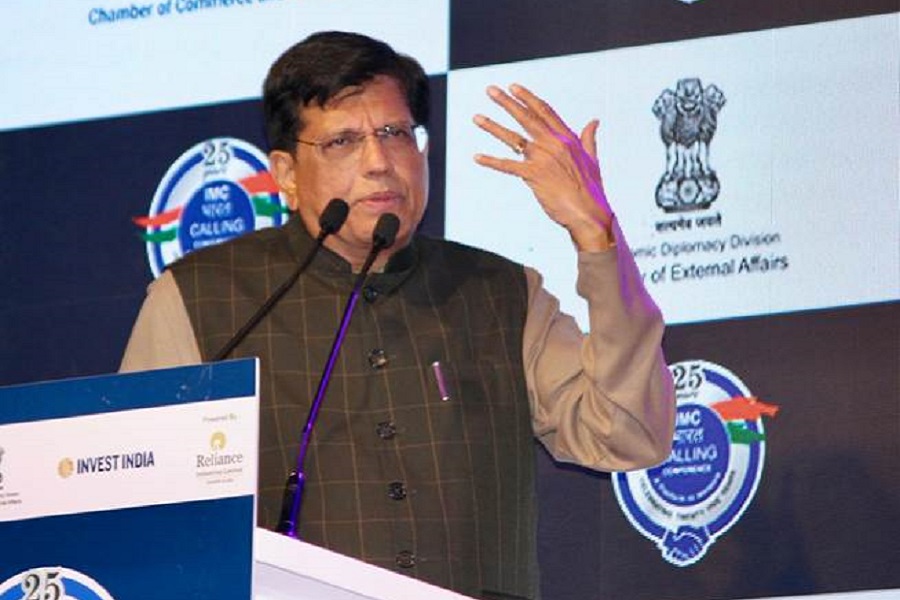Angel tax abolished on startups to boost local innovation

In a major relief for the startup ecosystem, the government on Tuesday announced to abolish angel tax to further boost local talent and innovation.
The industry had sought rationalisation of Angel Tax by removing Section 56(2)(viib) in order to further nurture innovation among startups, saying scrapping this section would "greatly aid in capital formation" for the startup sector.
Under Section 56(2) (viib) of the Income Tax Act, to become eligible for angel tax exemption, a startup must meet certain conditions which the industry claims are cumbersome and come in the way of attracting more investments.
Raj Ramachandran, Partner, JSA Advocates & Solicitors, said the much-anticipated update in the Budget 2024 is the abolition of angel tax.
"Since introduction, it has created discomfort and confusion for all players alike, and is certainly one change that will be a welcome one for all," he said.
More than 1.14 lakh startups in India have created over 12 lakh jobs so far, the Finance Ministry said in its latest review of the Indian economy.
The cumulative funding for more than 31,000 tech startups has exceeded $70 billion (from 2019 to 2023), according to a recent report by Nasscom in collaboration with Zinnov.
As many as 2,975 government-recognised startups have been granted Income Tax exemptions so far, the Department for Promotion of Industry and Internal Trade (DPIIT) said in February.
In September last year, the government notified new angel tax rules that comprise the mechanism to evaluate the shares issued by unlisted startups to investors.
Startups registered with the DPIIT were exempted from the new norms. The government highlighted that the exemption will benefit over 80,000 startups.






















